1921 (Taisho 10) On Thursday, October 27, 3 young military men from the same period of 16 years of the Military Academy gathered in Baden-Baden, a resort area in South Germany, and pledged to transform their army. It’s called the Baden-Baden Secret Agreement. This is said to have greatly influenced the course of Japan in the pre-war Showa period, and it has become an important event in the modern history of Japan.
Three young soldiers gathered at Baden-Baden. Everyone was indignant at the realities of the Army. These three are as follows. Tetsuzan NAGATA, a military officer attached to the Swiss legation. Toshishiro Obata was a military attaché at the Russian Embassy, but was stationed in Berlin after being unable to enter the Soviet Union. Yasutsugu Okamura was on a business trip to Europe for about three months. Since Nagata and Okamura were born in 1884 (Meiji 17) and Obata was born in 1885 (Meiji 18), Nagata and Okamura were 37 years old and Obata was 36 years old, and at that time everyone in the class was a major.
In addition to these three men, Nagata, Okamura and Obata, the Military Academy 16 includes such distinguished members as the Minister of War Seishiro Itagaki, the top strategist Kenji Doihara, the last Governor-General of Taiwan Toshikichi Ando and the Governor-General of Hong Kong Rensuke Isoya. Speaking of the next 17 terms, it was Hideki Tojo, and as a result, it can be said that this generation had a great influence on the direction of Japan in the pre-war Showa period.
As for the three members of Baden-Baden, the first thing we talked about was the reform of the personnel affairs of the Army, that is, the overthrow of the Choshu clique that controlled the Army. At that time, Aritomo Yamagata, the leader of the Choshu clique, was still alive at the age of 83. Although the recent so-called serious incident in the Imperial Court had weakened the power of the Army, the Army had previously had a hard time keeping an eye on it. In addition, Giichi Tanaka from Choshu took over as Minister of Army in the cabinet of Takashi Hara, and Hanzo Yamanashi took over as Minister of Army in the same year because of illness, but the Ministry of Army was under the influence of Giichi Tanaka, and the Chief of the General Staff was Yusaku Uehara from Satsuma, and later in 1923 (Taisho 12), after Uehara resigned, Misao Kawai of Giichi Tanaka’s line took over as Minister of Army, so we can say that Giichi Tanaka had strong influence over them as well. In other words, the Army was under the strong influence of the Choshu clique, following Aritomo Yamagata, the first generation of the Army.
On the other hand, none of the three Baden-Baden were of Choshu descent. Nagata is from Nagano, Okamura is from Tokyo, and Obata is from Kochi. It is said that they vowed to dissolve the factions, which meant to destroy the Choshu clique. When the three of them returned to Japan in 1923 (Taisho 12), a call was made to the members of the 16 Corps, and with this generation as the core, the members of the 15 Corps and 17 Corps were added, and meetings of young staff of the Army were held repeatedly. In 1927, the Futaba-kai (Futabakai or niwukai) was formed with these members. With the participation of Taisaku KAWAMOTO, the mastermind of the Assassination of Sakurin CHO in 15 terms (one rank higher), Hideki TOJO, the Prime Minister at the start of the Pacific War (one 17 rank lower) and, from 18 terms (two ranks lower), a Malay tiger (also known as Tomoyuki YAMASHITA), there were approximately 20 people in total.
When members of the Futaba-kai, Nagata, Obata and Tojo, as well as Shigeatsu Yamaoka, another member of the Futaba-kai and a 15 year veteran, were instructors at Riku University, people from Choshu were thoroughly excluded from enrollment at Riku University. From 1922 (Taisho 11) to 1924 (Taisho 13), there were no employees from Yamaguchi Prefecture for 3 consecutive years. For example, in the first written examination in 1923, 17 out of 100 students were from Yamaguchi Prefecture, but because the final capacity was 50 students, 1 out of 2 students was supposed to pass the second examination, and all 17 students failed. Dr. Minoru Kawada pointed out in his 2011 book, The History of the Showa Army, that because the second stage examination is an oral examination, or so-called interview examination, the purposeful exclusion may have been made here.
In addition, in the secret agreement of Baden-Baden, they pledged to dissolve factions in the army, modernize the army, and establish a total mobilization system. In particular, Tetsuzan Nagata stayed around Germany for a total of six years before and after World War I, and he was well acquainted with the total war system of European countries at that time, or so-called national mobilization. After returning to Japan, in 1926, under the Rei 15 jiro WAKATSUKI cabinet, Nagata was appointed as the Secretary of the Army of the Preparatory Committee for the Establishment of the National Mobilization Agency, and became the first Director of the Mobilization Division of the Military Development Bureau. After Nagata, Hideki Tojo, Nagata’s right-hand man, took over this position as the second section chief.
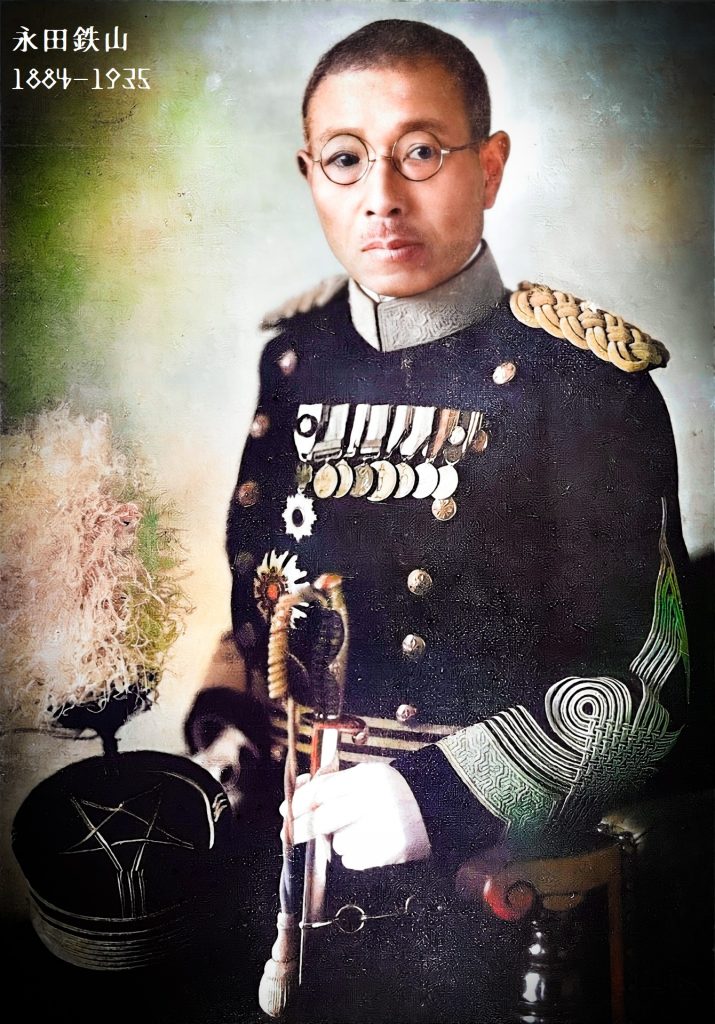
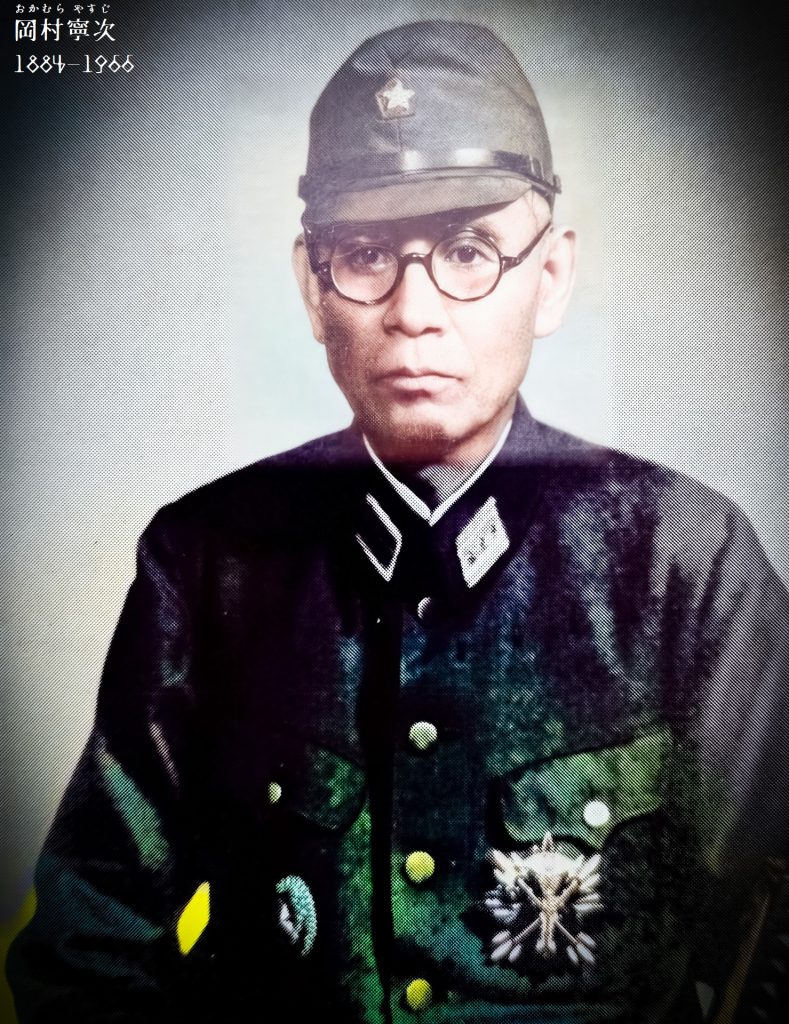
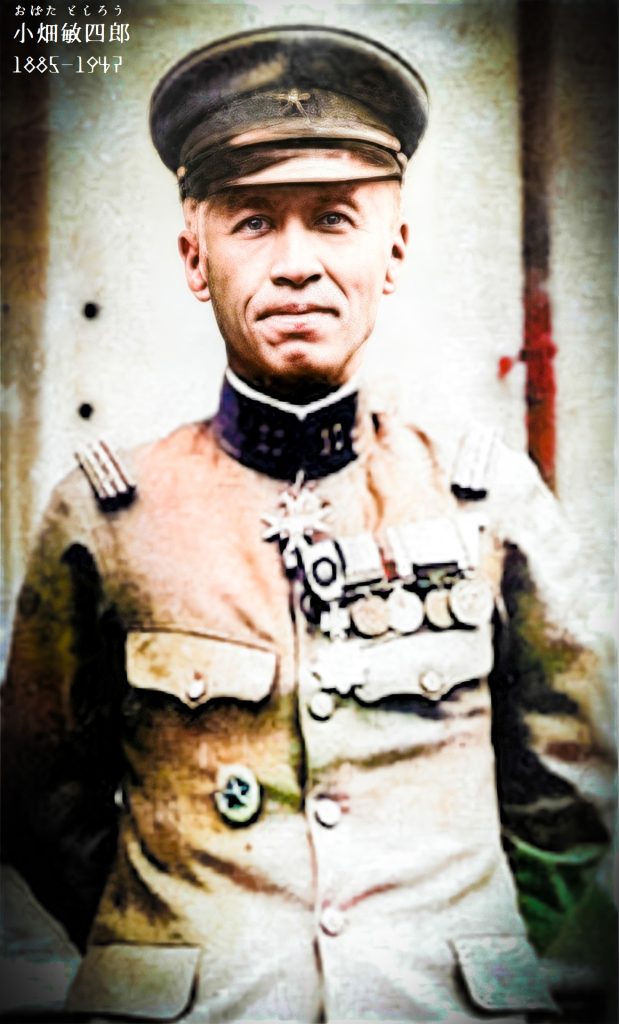

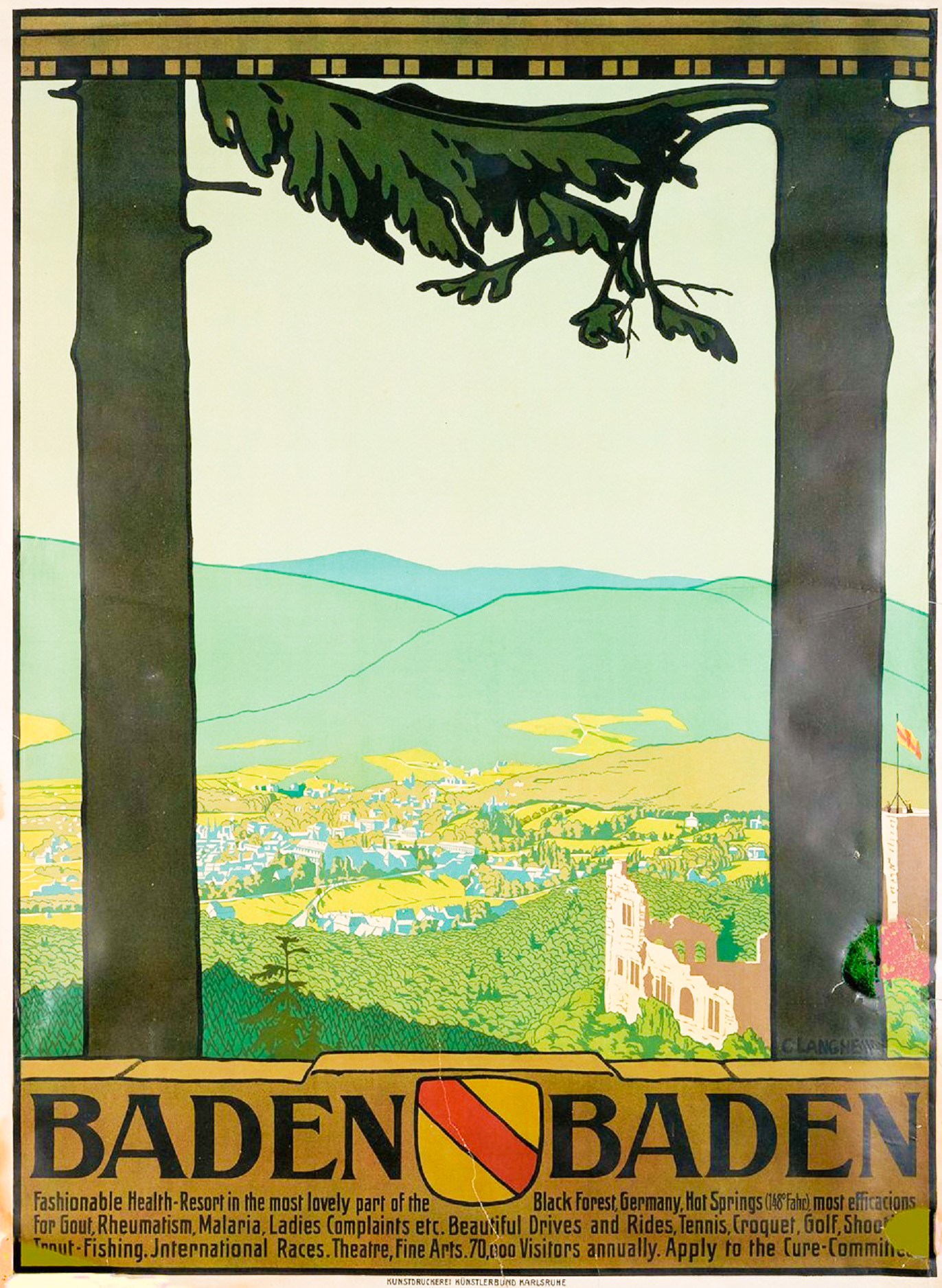

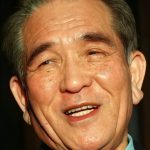
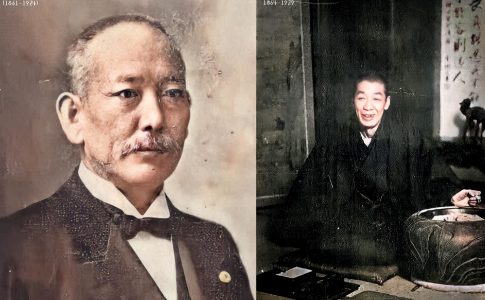
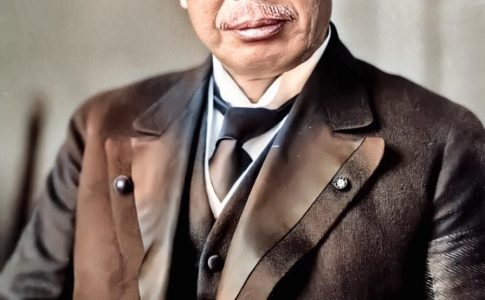
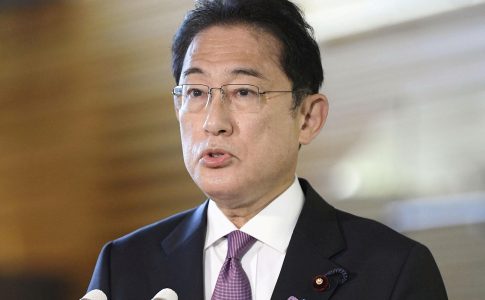
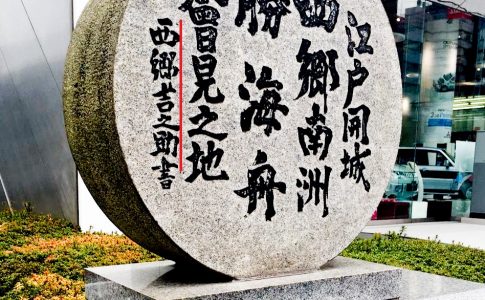
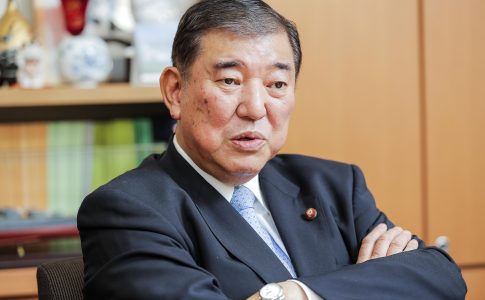
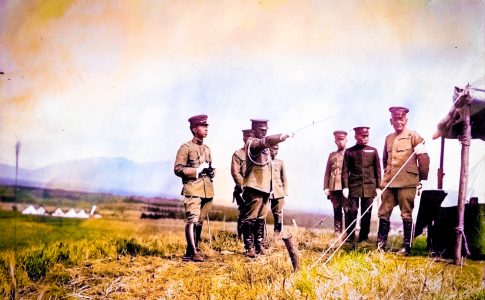
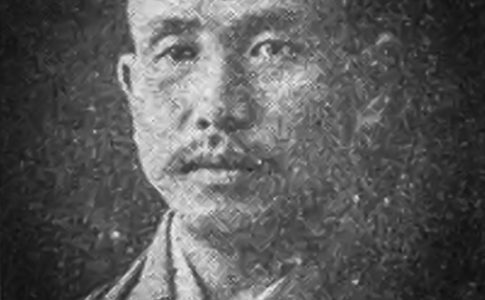
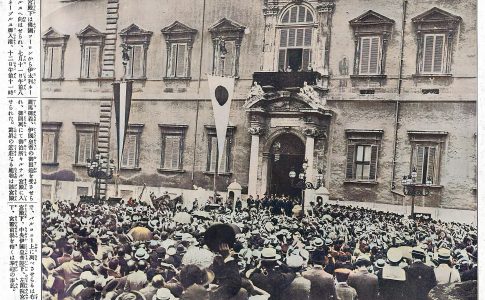
Leave a Reply